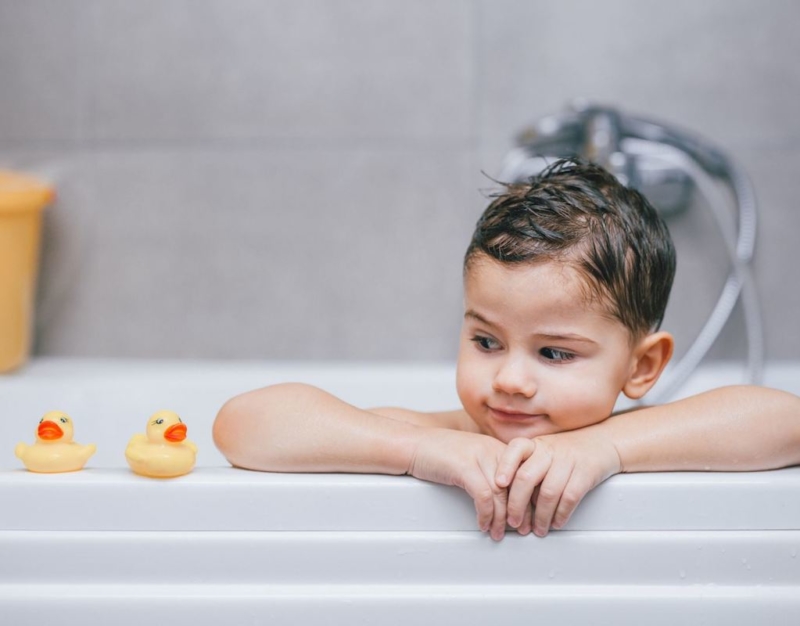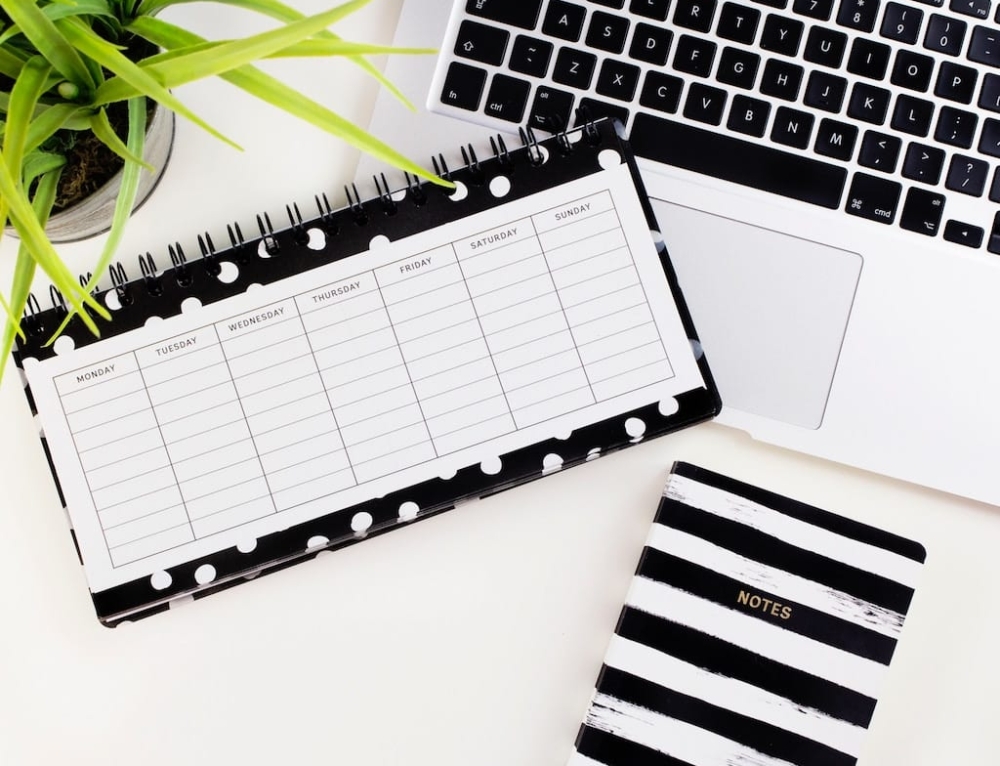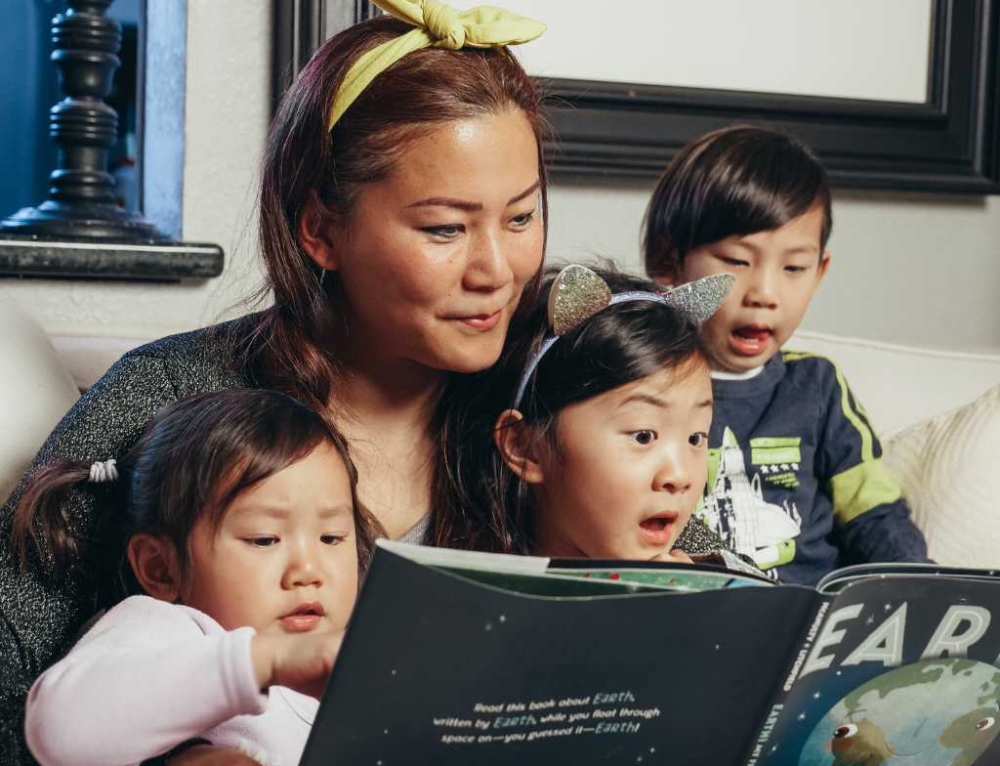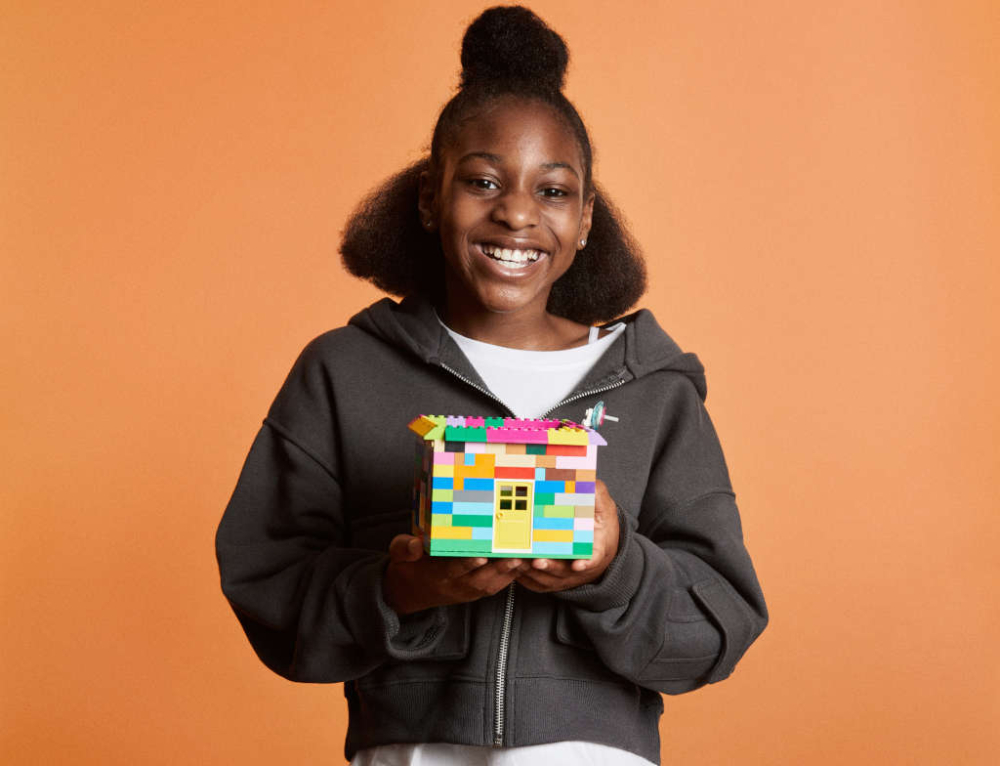There are about a million ways your child can feel self-conscious during his school years so it is important to maintain good personal hygiene for body image and social reasons. Poor hygiene can also cause health problems through the spread of infections, viruses and diseases.
Teach your child good personal hygiene habits that will help them feel good about themselves and stay healthy.
Body and hands
- In times past daily showering was not common practice however many people now shower daily.
- It is however OK to shower every 2-3 days unless doing a lot of sport or work that makes them hot and sweaty.
- There is no need to use a soap or body wash and lather up everywhere – but under them arms, other sweaty areas (including the anus) may benefit from a bit of soap.
- Genitals do not need soap – especially the vagina/vulva
- Hands should be washed and dried carefully after every toilet visit and before eating.
Hair
- While dirty greasy hair is not really going to lead to health problems, the smell and appearance can be a social issue.
- If your child is very sporty they may like to wash their hair every day to wash out the sweat (and resulting smell) however for some over washing can result in the hair getting lank and the scalp dry. You could try using a dry shampoo to extend washing time a little – this can also be useful for greasy hair.
- If you child has a dry scalp they can try over the counter or supermarket shampoo especially formulated to help. If the problem persists, or the scalp is very itchy and flaky you may need to consult your doctor.
Clothes
- Teach your child to change his underwear every day – it sounds obvious, but this is something that may stop happening regularly once your child begins to take charge of himself.
- If the weather is very hot your child may need to change his clothes every day – especially his shirt.
- Encourage your child to take off his school uniform as soon as he gets home and to hang it up to air before he has to wear it the next day.
Teeth and Mouth
- Teeth should be brushed twice a day with a fluoride toothpaste from the time they first erupt in baby’s gums. Many children require a lot of encouragement (reminding!) before this becomes an automatic part of their routine.
- Ensure their teeth are checked annually by the dental nurse or dentist
- If teeth are cleaned regularly and your child is generally healthy, other oral problems should not occur. If they have smelly breath check their teeth cleaning habits and encourage them to drink more water. If the problem doesn’t resolve check with your dentist.
Feet
- Teach your child to dry between their toes after every bath or shower.
- Choose socks that are predominantly made from natural fibres such as cotton or wool.
- Change socks daily
- Athletes foot is a common fungal infection and is characterised by a red, flaky, sore rash often between the toes. It is unlikely to go away untreated so consult your pharmacist.
- Veruccas and/or warts can grow on the feet – usually the soles. Caused by a virus they can be painful to walk on. Treatment can be long and painful unfortunately – if your child is struggling with them you are best to consult a podiatrist who may, over several sessions, cut, scrape or burn them out. Some people who leave them discover they eventually disappear of their own accord.
Genitals
- Despite the abundance of body wash products in the supermarket, genitals do not require soap, just lots of warm water. Your child should wash her vagina from front to back – the anus should be the last place cleaned to avoid contamination.
- Face/wash cloths should only be used once before going in the laundry basket
- Cotton rich underwear is best
- The penis and scrotal area should be washed with warm water. If possible, the foreskin should be retracted allowing the warm water to act as a lubricant. Dry gently and ensure the foreskin is back in the usual position.







Leave A Comment
You must be logged in to post a comment.